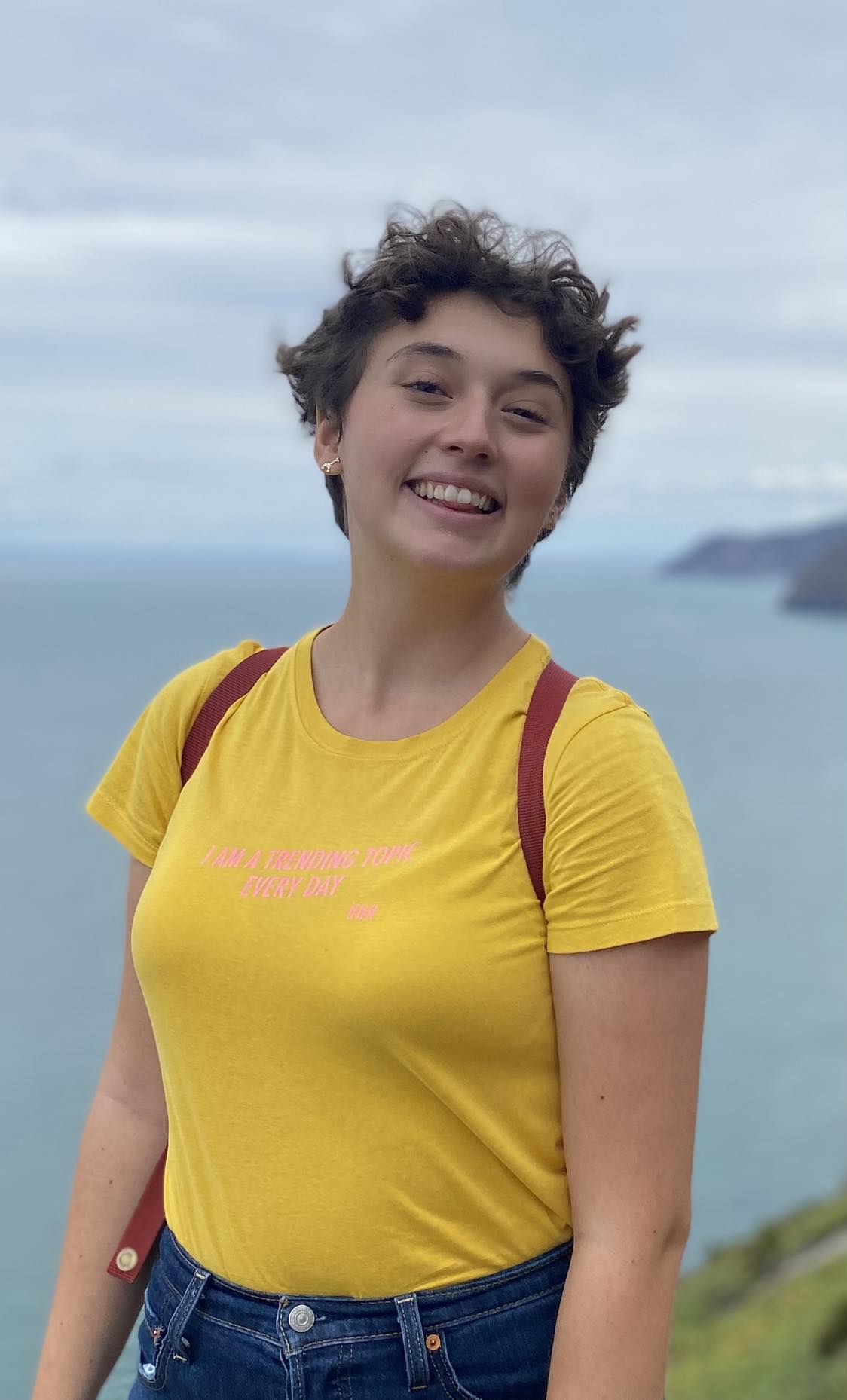So we’ve talked a little bit already about how you’ve got to where you are now — it sounds like it was a lot of grinding!
Yeah, it is. Sadly that’s the state of things, especially in this country. It’s kind of expected that you will do a lot of unpaid internships and work experience where you’re not getting paid. Which is a shame, because I feel like it deprives the whole journalistic sector of so many more ideas from people who can’t afford to do that. I did it for a year, and it was the most tired I’ve ever been. Working in a coffee shop or in a bar, studying full time, doing internships — I was just falling apart at the end of the year! I don’t know how much longer I could have kept going.
One thing I will say is, just be annoying. Don’t be embarrassed! People keep telling you, keep pitching and pitching and pitching, but no one ever tells you what happens if you show up in a newsroom and no one is speaking to you. You just sit there, they give you a little piece of paper with your jobs, and then no one is talking to you. I had this before, and I kept just talking at my editor and then eventually they came back!
It wasn’t like a conversation, it was “oh, we have space in today’s newspaper, tell me again what you were talking about?” And then you get an article published. But it’s just so much hard work. I feel like people sugarcoat it sometimes […] you also have to want it.
What drew you to the UK? Because obviously, you have language skills, you could be doing this in other countries. Why here?
In the beginning, I just wanted to get out of where I grew up! [I grew up] in the south of Germany, a small village of 800-900 people. So, tiny.
I worked in local radio in a city there. But then I wanted to do something different than talking about the new animal baby born in the local zoo! I did learn so many things there — I learnt the basics, and I loved every single minute of it — but as my background is in studying politics, I wanted to do more of the bigger stuff. I applied in Germany a lot, but then I was like, I kind of want to get out and see something new while I can! It was scary, it was really scary. But then I came over here, and it kind of worked out, I guess!





